"Older Americans’ number one fear about their retirement is that they won't have enough money to afford retirement. 43% said their greatest fear about retirement was outliving their savings and investments, making that the top fear."
As a financial planner and wealth manager focusing on high net-worth clients from the hi-tech sector, I was trying to improve my service to this community by trying to understand what worries them. So I asked several of my clients who have gone through financial windfalls such as an exit or an IPO. With their help and the use of some data we analyzed at The Service, I discovered several interesting issues which are both common and concerning to this community.
- The life expectancy of a high-tech career is very short – age 55 seems like an unreachable goal for remaining relevant.
- A very stressful job environment contributes to number 1 above.
- Success increases stress.
- Life expectancy is increasing, meaning there is a need to accumulate more assets until retirement.
- High income creates a high standard of living which makes it very difficult to regress from.
- Most households underestimate their monthly expenses by approximately 30%, making it very hard to save for rainy days.
- An adequate monthly cash flow and sufficient assets that can service all financial goals, especially in time of need, ranks very high with this community.
- Dual Israeli and American citizens are dealing with very complicated tax issues, which is of great concern to them.
- Outsourcing financial services to a personal "CFO" is something that they considered but did not know to whom to refer.
- Proactivity is highly expected from the service provider, due to a lack of time to deal with their own assets.
- Much of the high-tech community is on the one hand very high risk taking when it comes to their startup investments, but at the same time is risk averse when dealing with their other assets.
- Most of the community has never quantified their personal financial needs and goals, the assets they will need to fulfill those needs, the timing of when they will need the funds, the best frequency to receive the money (monthly, quarterly cash flow or a lump sum) and when to receive it.
Assets are a means to an end, and the main purpose of asset accumulation is to meet financial goals and needs. That said, when someone holds a large amount of assets, a one-stop service provider can provide expertise in several financial disciplines, such as tax planning, capital market investments, real estate investments, pension management, alternative assets and risk management. These services should be provided on a fiduciary basis only.
A holistic approach might be the only effective way to advise clients on their financial assets. In this approach, the adviser takes into consideration all of the client’s assets, very much as a corporate CFO advises the CEO on how the firm can reach its financial goals.
The author is certified financial planner and a partner at The Service financial planning and wealth management. The author's last position was at Psagot Investment House as the professional administrator of Psagot's new pension funds. The author has an MBA and a BA in insurance.


